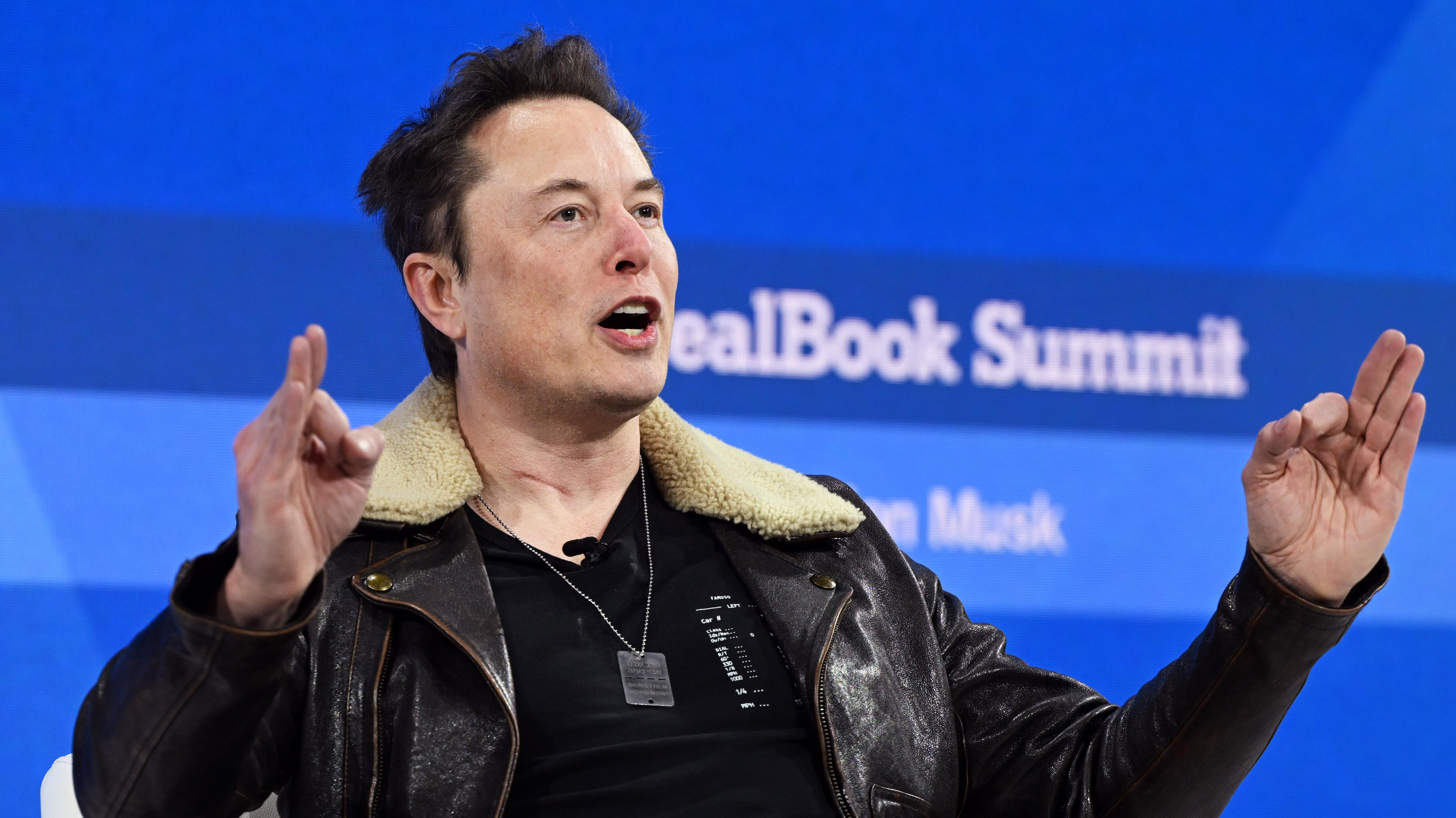Which One Of You Blue Check Guys Let Elon Musk Put A Chip In Your Brain?
Neuralink's trial is only open to people with quadriplegia caused by ALS or a spinal cord injury
Elon Musk announced that Neuralink has implanted a computer chip in the brain of its first human patient.
Neuralink implanted a computer chip into the brain of its first human patient, according to Elon Musk on the platform that he owns and operates.
The procedure was part of a Food and Drug Administration-approved clinical trial. The Tesla co-founder and CEO, who has promised the world self-driving cars for a decade, has moved one step closer to failing to deliver an implantable brain-computer interface with his neurotechnology company.
Musk stated in a post on X, "The first human received an implant from @Neuralink yesterday and is recovering well. Initial results show promising neuron spike detection." In a subsequent post, he added that Neuralink's first product will be called Telepathy. Don't panic. Musk isn't promising a chip that can read people's minds. In his words, Telepathy "enables control of your phone or computer, and through them almost any device, just by thinking."
The product has the admirable objective of allowing people with quadriplegia to use electronic devices with the same ease as a non-disabled person. Musk posted, "Imagine if Stephen Hawking could communicate faster than a speed typist or auctioneer." However, it should be noted that the clinical trials are only open to individuals with quadriplegia caused by amyotrophic lateral sclerosis (ALS) or a spinal cord injury, according to the Washington Post.
The move to human trials should increase scrutiny of the project, especially considering Musk's tendency to treat his products as expendable for the sake of development. Four federal lawmakers asked the Securities and Exchange Commission last November to investigate if Musk misled investors over the safety of Neuralink's brain implants.
Musk's other ventures don't lend any level of certainty for Neuralink's safety. The brash, reckless nature of Musk's ambitious business endeavors should be concerning for any prospective implant volunteer. Tesla allows customers to purchase access to an automated driving system titled as being in beta, still in development. SpaceX was so willing to have rockets explode in testing that the Federal Aviation Administration grounded its Starship program until numerous fixes were made. I wouldn't let any Musk-run entity play fast and loose with experimental hardware in my brain.
